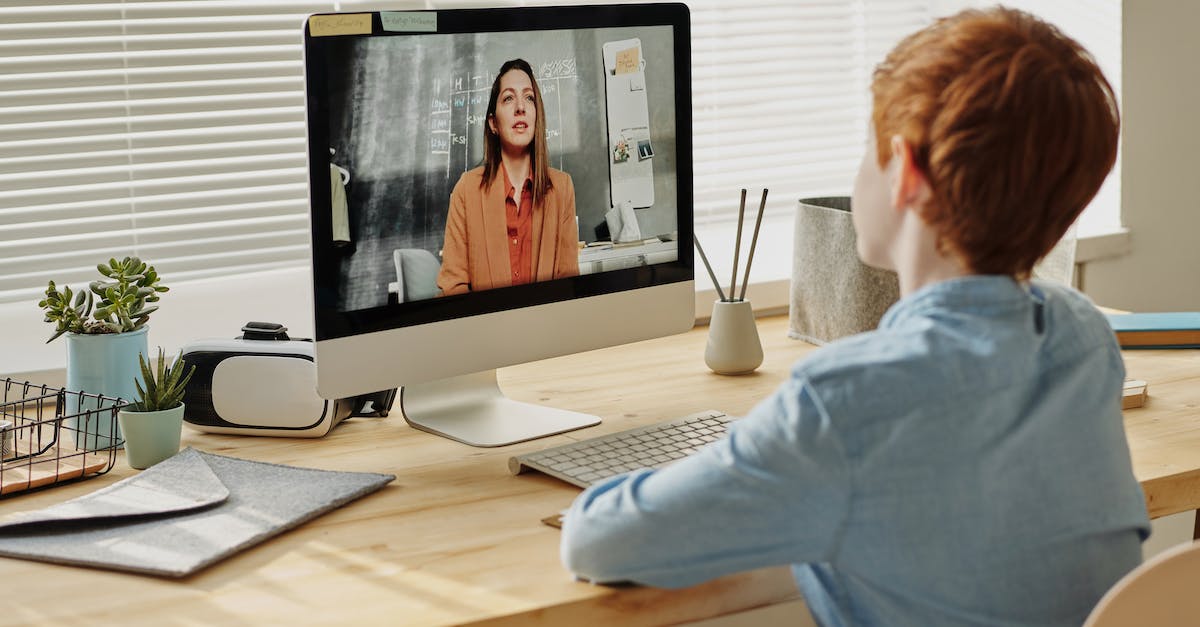Text Me When You Get Home: The Importance of Communication in Film and its Impact on Actors
Introduction
In the world of filmmaking, communication plays a crucial role in bringing a project to life. From the director to the actors, clear and effective communication is vital for ensuring a successful production. One aspect of communication that often goes unnoticed is the importance of staying connected throughout the filmmaking process. This article explores the significance of communication in film, particularly in regards to actors, and the benefits it brings to both the performance and the overall movie.
The Power of Connection
When actors are able to communicate effectively on set, it creates a strong bond between them. This connection extends beyond simply lines of dialogue or rehearsed scenes – it allows the actors to truly understand each other’s motivations, emotions, and intentions. By fostering this sense of connection, their performances become more authentic and believable, ultimately enhancing the overall film.
Staying Connected On and Off Set
In today’s digital age, it has become easier than ever for actors to communicate with each other both on and off set. The use of smartphones and messaging apps can facilitate quick and efficient exchanges of ideas, allowing for collaboration even when not physically present. One common practice among actors is to text each other when they arrive home after filming. This simple act not only demonstrates courtesy and concern for one another’s well-being but also maintains the connection established during filming.
The Impact on Performance
Effective communication between actors has a direct impact on their performance. By maintaining open lines of communication, they can easily discuss and clarify their characters’ motivations, goals, and emotions. This allows for a more cohesive and unified portrayal, as the actors are on the same page and working towards a common vision. Furthermore, clear communication aids in resolving any conflicts or misunderstandings that may arise during production, fostering a positive and collaborative working environment.
Building Trust and Collaboration
By actively engaging in communication, actors build trust with one another. This trust is vital for the development of deep connections between characters, as they rely on interdependence and cooperation to create authentic performances. Effective communication also encourages collaboration, as actors are able to contribute their ideas and feedback to enhance the creative process. This collaboration allows for a more dynamic and vibrant performance, benefiting both the actors and the overall quality of the film.
Conclusion
In conclusion, communication is a fundamental aspect of filmmaking, especially for actors. By staying connected, both on and off set, actors create a strong bond that enhances their performances and the overall film. Clear and effective communication fosters trust, collaboration, and a deeper understanding of their characters. So, the next time you watch a movie, appreciate the power of communication and its impact on the actors’ performances. And remember, when it comes to filmmaking, a simple text of “Text me when you get home” can go a long way.
FAQs
1. What is the role of communication in film?
Communication is a crucial element in film as it allows actors to effectively convey emotions, convey the director’s vision, and collaborate with other members of the production team.
2. How does communication impact actors in film?
Effective communication enhances actors’ performances by allowing them to fully understand their characters, the storyline, and their objectives. It also helps them connect with their co-stars and effectively portray relationships on screen.
3. What are some ways communication is established between actors and directors?
There are various methods of communication between actors and directors, such as script analysis, discussions during rehearsals, and one-on-one meetings. These interactions help clarify the director’s expectations and provide actors with guidance to deliver their best performances.
4. How can communication improve the overall quality of a film?
Open and effective communication fosters collaboration and allows everyone involved in the filmmaking process to align their creative vision. This ultimately leads to a cohesive and well-executed film that resonates with audiences.
5. What challenges can arise due to a lack of communication in film?
Without proper communication, actors may struggle to understand their characters and deliver performances that align with the director’s vision. This can lead to inconsistencies in acting, confusion among the production team, and ultimately impact the quality of the film.
6. How does communication impact the portrayal of emotions in film?
Clear communication between actors and directors helps in understanding the nuances and subtleties required to effectively portray emotions on screen. It allows actors to explore different approaches and receive feedback to enhance their performances and create more authentic emotional portrayals.
7. Why is communication important for building on-screen chemistry?
Through effective communication, actors can establish a rapport and understanding with their co-stars, which is crucial for creating believable on-screen chemistry. Miscommunication or lack of communication can result in a lackluster portrayal of relationships on screen.
8. How does communication play a role in capturing the director’s vision?
By communicating effectively, actors can gain a clear understanding of the director’s creative vision. This allows them to align their performances with the intended tone, style, and overall vision of the film.
9. What are the benefits of ongoing communication during the filming process?
Continuous communication between actors, directors, and the production team helps in addressing any issues or concerns that may arise during filming. It also allows for adjustments and improvements to be made, ensuring that the final product is the best representation of the creative vision.
10. How can actors improve their communication skills on set?
Actors can enhance their communication skills by actively listening, asking questions when in doubt, and being open to feedback. Additionally, participating in rehearsals, workshops, and other collaborative activities can further refine their ability to effectively communicate their ideas and portrayals.




































